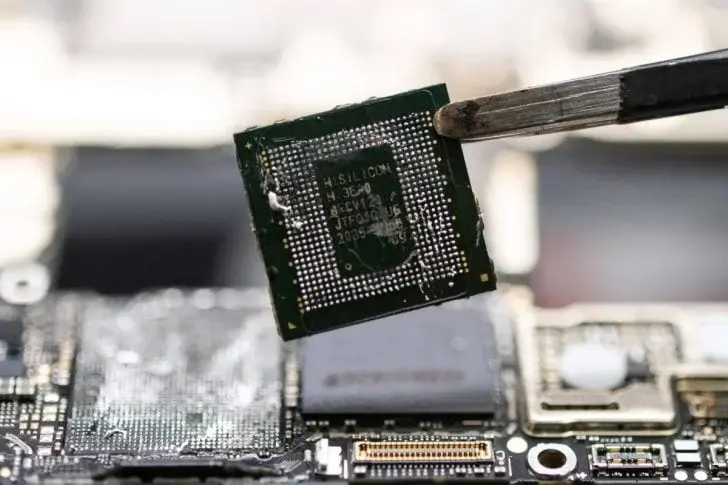Huawei’s smartphone sales experienced a significant boost last year, thanks to the popularity of the Mate 60 series featuring their Kirin 9000S chip.
Huawei’s Need for a More Powerful Chip
While the Kirin 9000S, built on a 7nm process, may not be the top-performing smartphone SoC, its in-house development is a notable achievement for Huawei. However, the company now requires a more powerful and efficient chip for its upcoming smartphone models.
Huawei Aims for 5nm Chip Production
According to a report by the Financial Times, Huawei is now targeting 5nm chip production. Its partner, SMIC, China’s largest chipmaker, has established a new semiconductor line in Shanghai dedicated to producing chips designed by Huawei.
Export Restrictions and National Security Concerns
The move comes as the Biden administration has imposed stricter export restrictions on advanced chipmaking equipment due to national security concerns. Additionally, the US government is collaborating with the Netherlands and Japan to make it more difficult for China to access cutting-edge chip manufacturing equipment.
Challenges for SMIC
For now, SMIC is reportedly repurposing its existing DUV equipment for 5nm chip production. However, this approach may result in lower yields and higher costs of SoCs.
China’s Semiconductor Industry Progress
While Huawei’s 5nm chip may not be able to compete with flagship chipsets from Qualcomm or MediaTek, it is important to recognize that China’s semiconductor industry continues to make progress despite the US ban. Manufacturing a 5nm chip without relying on foreign support would be a significant achievement for both Huawei and SMIC.
Huawei’s Future Plans
An insider familiar with the plans stated, “With the new 5nm node, Huawei is well on track to upgrade its new flagship handset and data center chips.”
Huawei is rumored to be using the upcoming Kirin SoC in the P70 series of smartphones. Additionally, the company is actively working on Harmony OS NEXT, a new generation operating system built on Huawei’s proprietary kernel. The OS will also completely abandon Android app support.



Leave a Reply